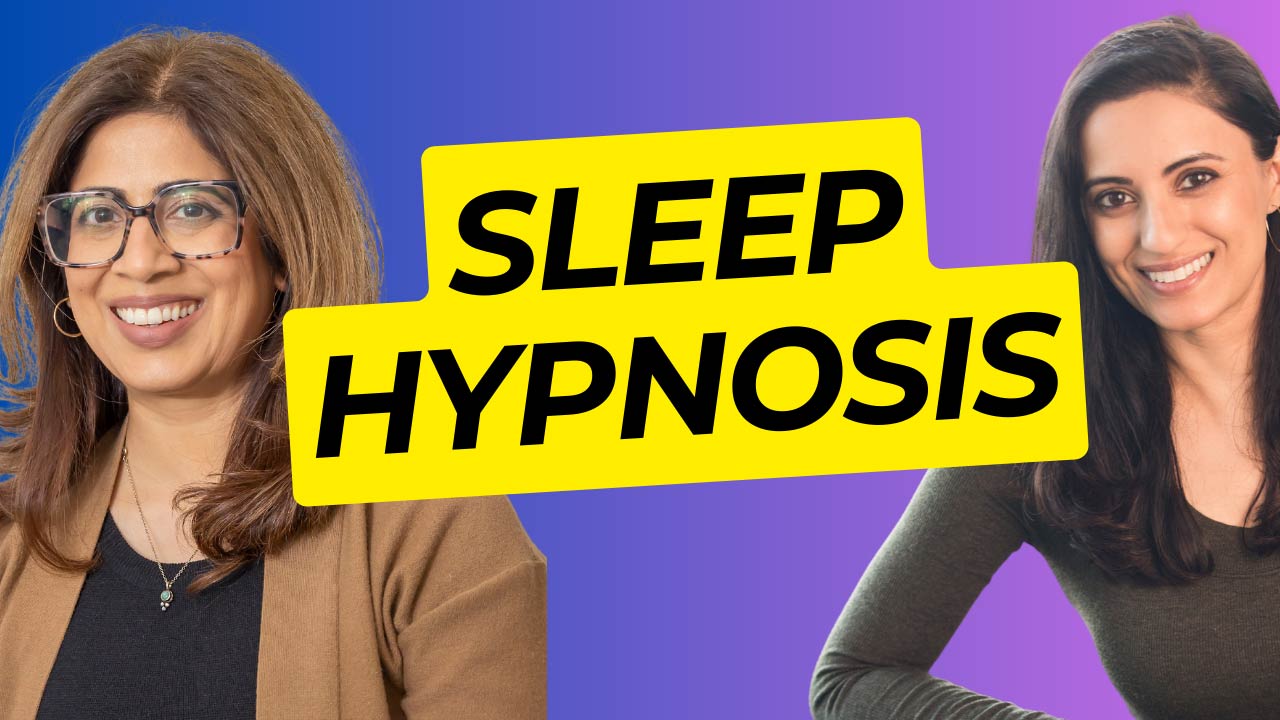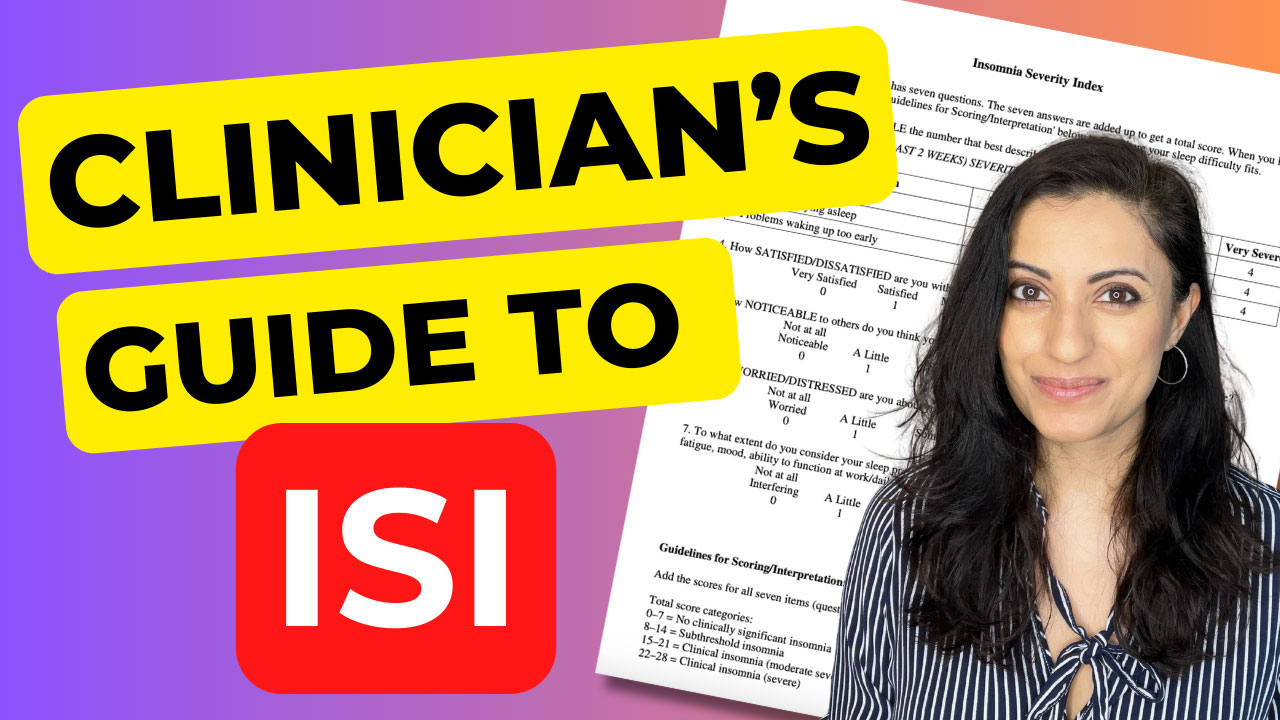Over the Christmas break, I found this gem of a book at my mum’s house: The Book of Negroes by Lawrence Hill.
It won a ton of awards including the CBC Radio’s Canada Reads competition and the Commonwealth Prize for Best Book.
It came out in 2007 but somehow I hadn’t read it until now. It’s a story about a virtually unknown chapter of history…and so compelling. There are also loads of quotes about sleep. Highly recommended.
Now, I found myself staying up to read way past my bedtime for a few nights…leading to heavy sleep inertia in the morning.
Sleep inertia is the groggy, disoriented feeling people may experience after waking up, making it hard to feel alert and get going.
Whenever patients struggle with sleep inertia, I recommend they try the RISE-UP protocol.
The RISE-UP protocol is a behavioral intervention designed to reduce the duration and severity of sleep inertia, especially in people with insomnia and bipolar disorder (1).
Here’s what it stands for:
R = Refrain from snoozing: Avoid the use of the snooze button to prevent fragmented sleep
I = Increase activity: Engage in physical activity within an hour of waking to boost alertness
S = Shower or splash your face and hands with cold water
E = Expose yourself to sunlight: Get morning bright light with sunshine or a light therapy device
U = Upbeat music: listen to upbeat music, a podcast or audiobook while moving around
P = Phone a friend: any kind of social contact counts, even a chat with your housemate
I share this protocol with patients all the time, as so many of them struggle with sleep inertia and irregular wake up times.
You don’t have to do all the things in the protocol, but pick a few to try out…and, if you struggle with sleep inertia yourself, let me know how it goes.
Did you learn something today? Click here to find out how Learner+ can help you meet your evolving educational goals.
References
Kaplan KA, Talavera DC, Harvey AG. Rise and shine: A treatment experiment testing a morning routine to decrease subjective sleep inertia in insomnia and bipolar disorder. Behav Res Ther. 2018 Dec;111:106-112. doi: 10.1016/j.brat.2018.10.009. Epub 2018 Oct 27. PMID: 30399503.



